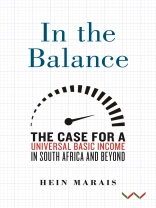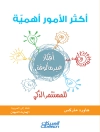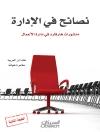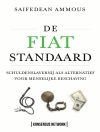As jobs disappear and wages flatline, paid work is an increasingly fragile basis for dignified life. This predicament, deepened by the COVID-19 pandemic, is sparking urgent debates about alternatives such as a universal basic income (UBI). In this incisive new book, Hein Marais casts the debate about a UBI in the wider context of the dispossessing pressures of capitalism and the turmoil of global warming, pandemics and social upheaval. Marais surveys the meaning, history and appeal of a UBI before even-handedly weighing the case for and against it. The book explores the vexing questions a UBI raises about the relationship of paid work to social rights, about prevailing notions of entitlement and dependency, and about the role of the state in contemporary capitalism. Along with cost estimates for different versions of a basic income in South Africa, it discusses financing options and lays out the social, economic and political implications. Highly topical and distinctive in its approach, In the Balance: The Case for a Universal Basic Income in South Africa and Beyond is the most rounded and up-to-date examination yet of the need and prospects for a UBI in a global South setting such as South Africa.
Tabella dei contenuti
Acknowledgements Introduction Chapter 1 Behind the idea of a universal basic income Chapter 2 The crisis of waged work Chapter 3 The attractions of a universal basic income Chapter 4 Testing the arguments against Chapter 5 Financing a universal basic income Chapter 6 The politics and economics of a universal basic income Conclusion Notes Bibliography Index
Circa l’autore
Hein Marais is an independent writer and researcher specialising in political economy, development and public health. His previous books include Pushed to the Limit: The Political Economy of Change (2011) and Buckling: The Impact of AIDS in South Africa (2005).












